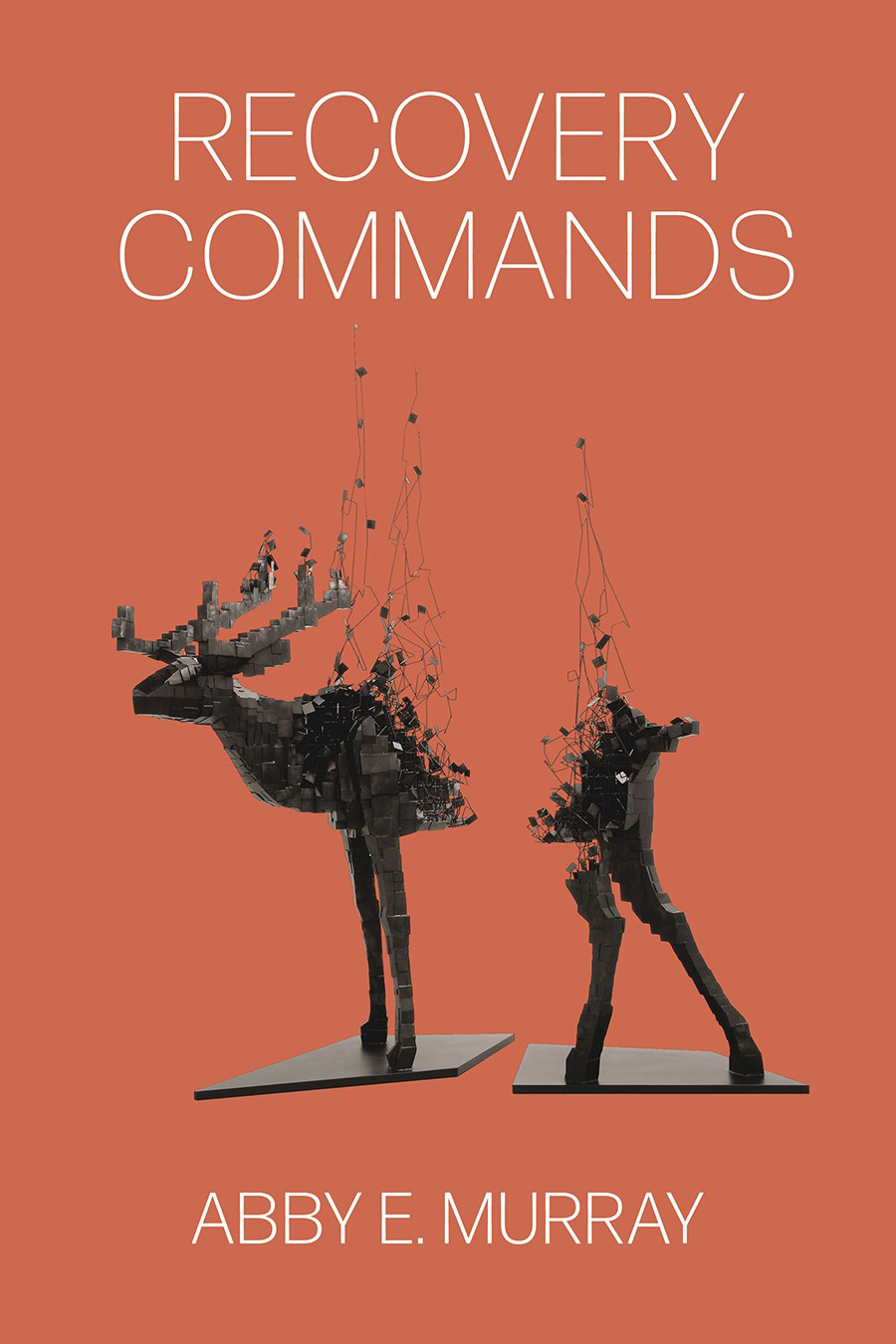Reviews
“Stay human,” the speaker instructs their spouse on the first day of a new job at the Pentagon. In fact, the imperative to remain a human being—despite extended contact with war and its attendant losses—functions as a call to action in Abby E. Murray’s latest book, Recovery Commands. Murray argues that retaining our humanity is an act that demands both focus and intention. “Let’s consider the ways / I am most like a drone,” begins one poem. We should all consider how we too resemble drones, unthinking and unfeeling. And in reading this collection, we would be wise to ask ourselves as well: What must we do to hold onto our own “distinctly human tenderness?”
Jehanne Dubrow
Author of Civilians
Everyone should experience Abby E. Murray’s poetry collection, Recovery Commands. Murray gets your attention, but not in the way you’re thinking, not up in your face, but through every crack in your soul; the incantation heals what needs healing.
Gary Copeland Lilley
Author of Raven on the Moaners’ Bench
In Recovery Commands, Murray dissects a long military marriage, asking what separates kindness from brutality and passivism from warmongering. Along the way, they find tenderness despite cruelty and cling to hope “like a weapon [they] have been trained to love.”
Kate Gaskin
Author of Forever War
With tender clarity, Recovery Commands explores the unsettling paradox where conflict and vulnerability intertwine. In these poems that walk the terrain of love, marriage, war, and existence, the drive to endure amid societal expectations embroiders the heart. A solar eclipse lets us feel what it would be like “to be ungoverned”; the speaker’s encounter with a mason bee evokes her desire to crawl “face first into an apple blossom/ and knowing I am sovereign in that room alone.” There is quiet rebellion in these beautiful poems.
Amy Newman
Author of An Incomplete Encyclopedia of Happiness and Unhappiness
Against war, erasure, and the easy myths of resilience, Abby E. Murray offers Recovery Commands: her latest collection, with poems circling defiance and tenderness, filled with “hope / like a weapon I have been trained to love.” Fierce, unflinching, unforgettable. This book is luminous.
Pamela Hart
Author of Mothers Over Nangarhar
In Abbey E. Murray’s second collection, Recovery Command, there is no slack. Every poem carries more than its weight without ever feeling heavy. From the opening “Invocation” to the final, open-ended poem of hope, each line and image burns with authenticity. Readers are bound to sit up and take notice as they are guided into a world that has existed as long as armies and military families have been on the planet: the world of the military spouse. Hard truths are told with humor, intelligence, wit, anger and compassion. This is a voice to be reckoned with!
Frances Richey
Author of The Warrior, A Mother’s Story of a Son at War

About the Author
Abby Murray
Abby E. Murray (they/them) is the editor of Collateral, a literary journal concerned with the impact of violent conflict and military service beyond the combat zone. Their book, Recovery Commands, was the winner of the 2024 Richard-Gabriel Rummonds Poetry Contest. Their first book, Hail and Farewell, won the Perugia Press Poetry Prize and was a finalist for the Washington State Book Award.
More from Ex Ophidia Press
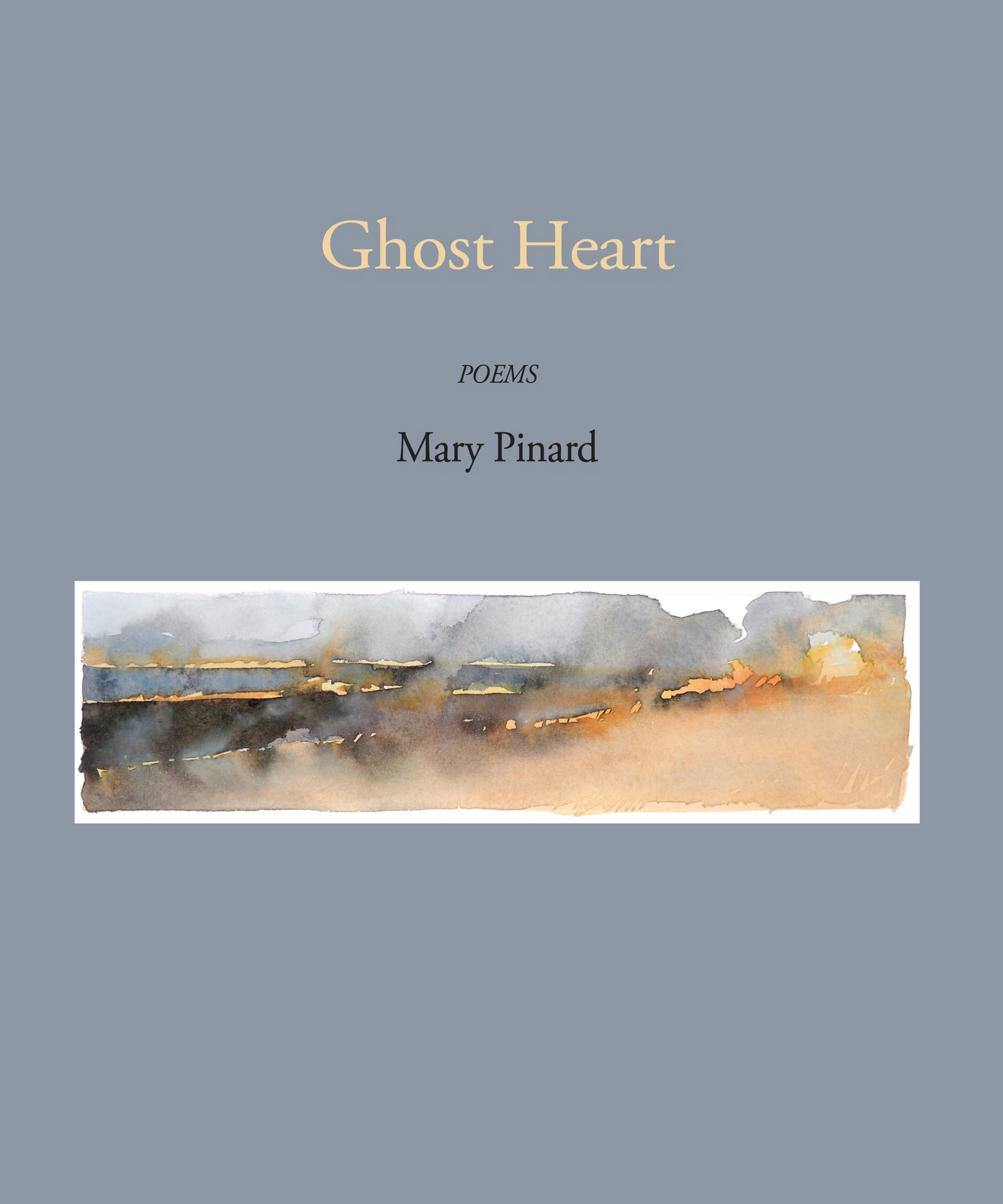
Ghost Heart
Mary Pinard
Winner of our 2021 Poetry Contest, this collection engages science and cultural history to explore the complex nature of the vanishing American prairie.
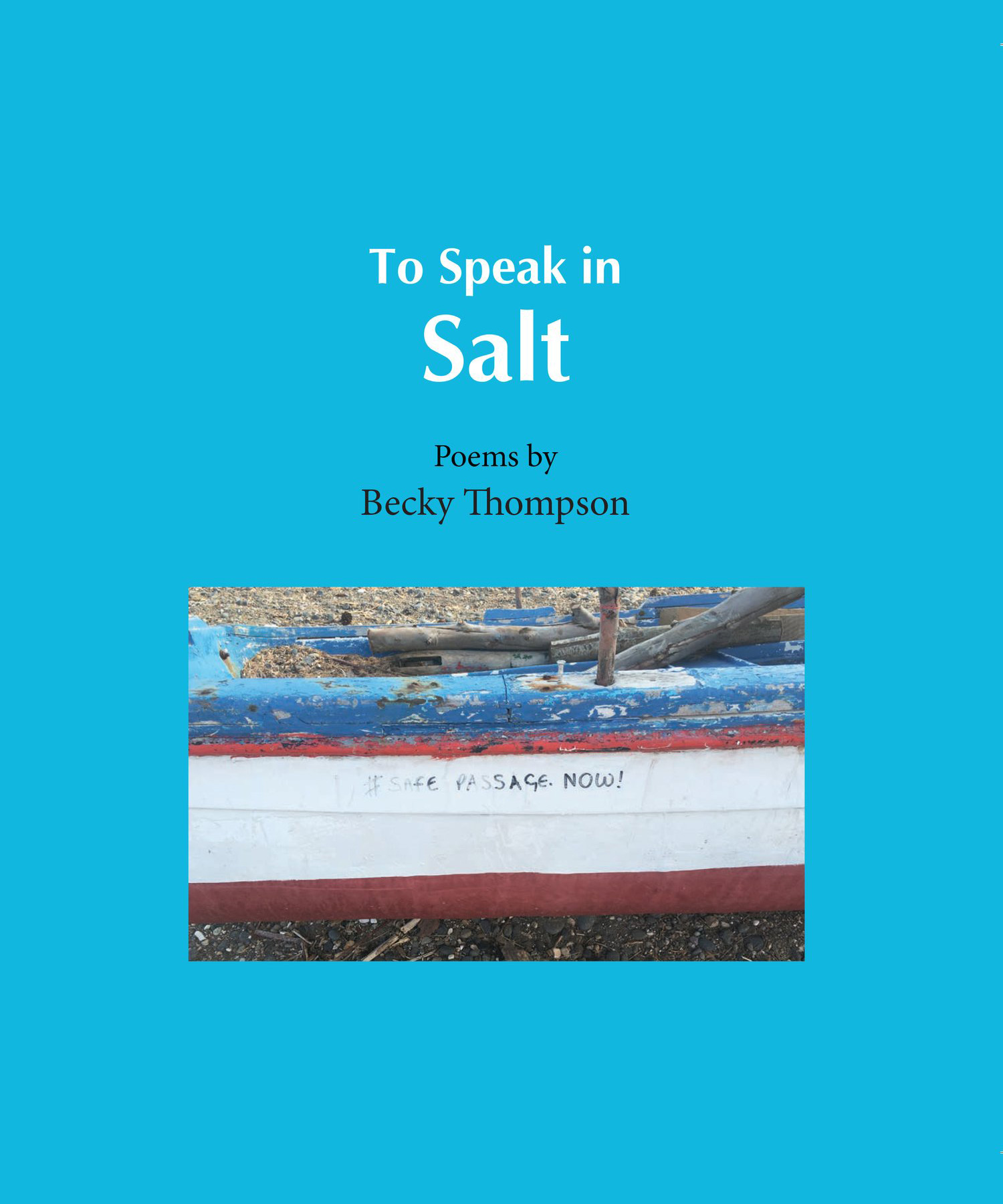
To Speak in Salt
Becky Thompson
For many years, Becky Thompson has brought poetry to refugees in Greece, and they have brought poetry to her. To Speak in Salt is a testimony to that exchange, packed with poems keenly observing people and places where “barbed wire doubles as a fence / a clothesline for diapers.”
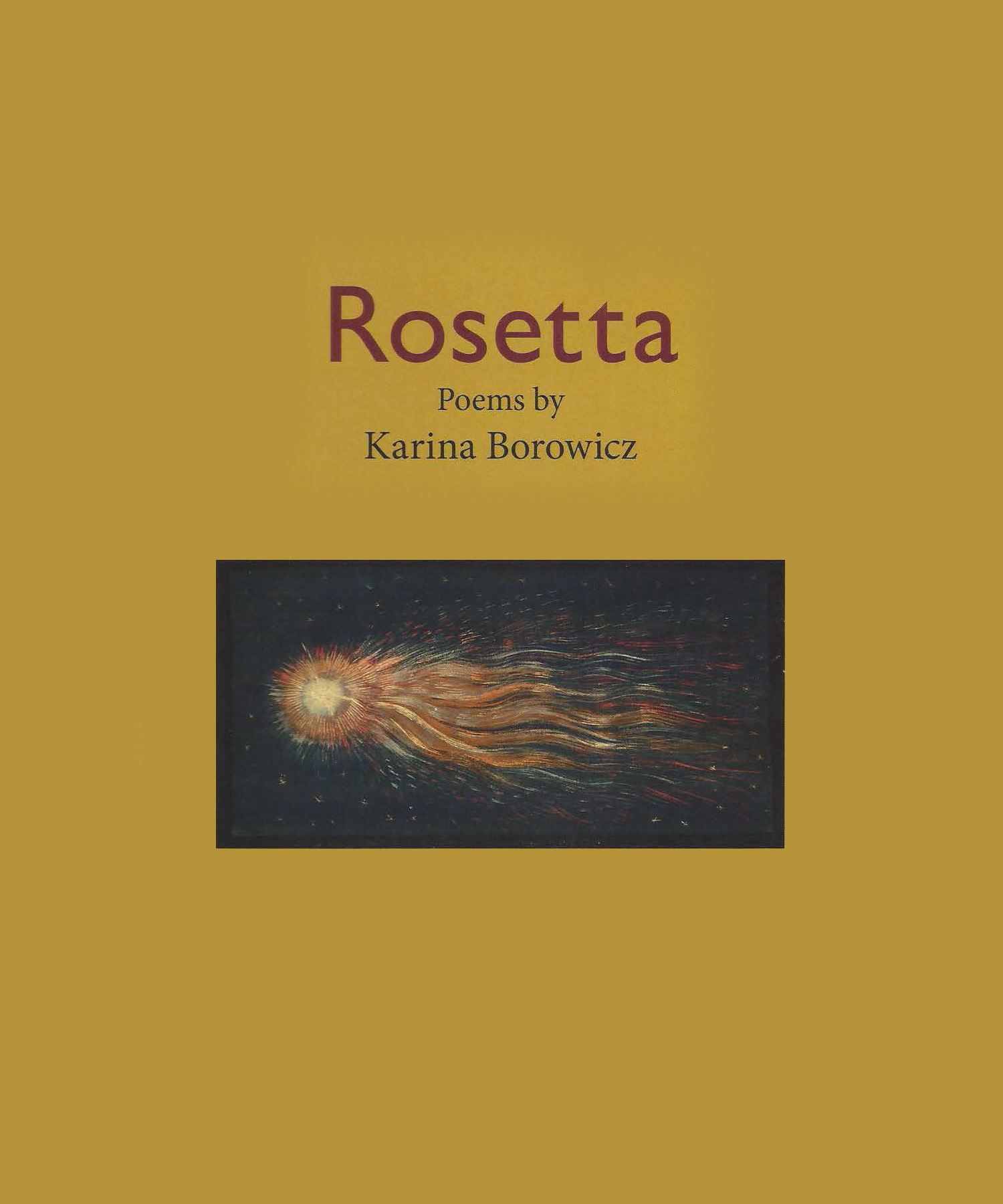
Rosetta
Karina Borowicz
In this collection, winner of the 2019 poetry prize, noted poet Karina Borowicz creates a world within a world. The poems range over many aspects of life, yet are connected by a sense of coherence, continuity, and deeper meaning.
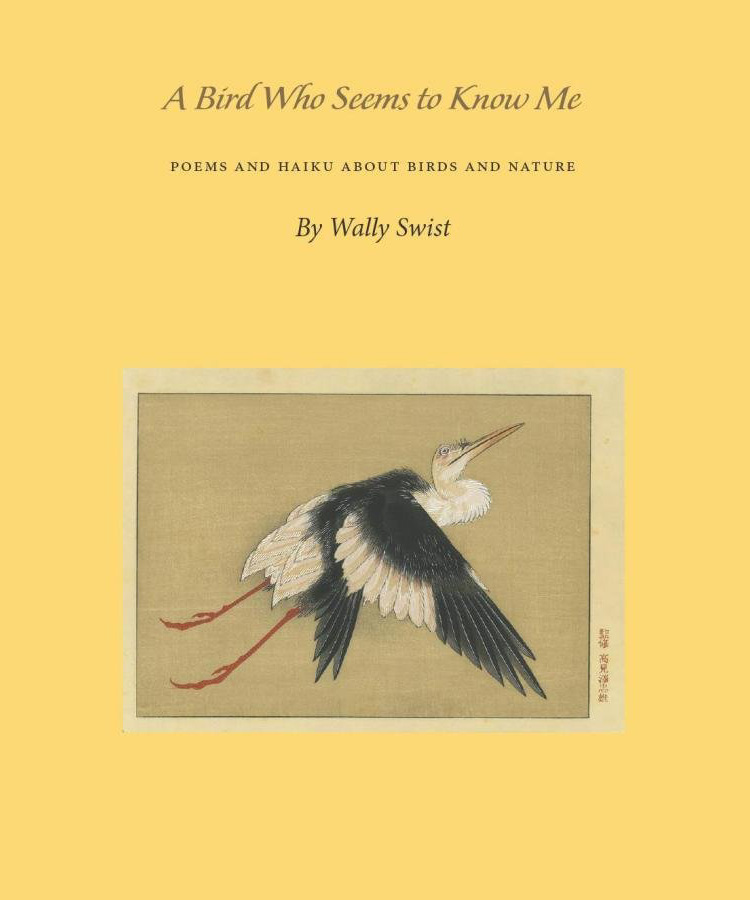
A Bird Who Seems to Know Me
Wally Swist
The connections between humans and birds are the central focus of the 2018 Poetry Prize winner. Wally Swist brings into focus, through poems and haiku written in the clarity of pure, direct language, the wildness that is often invisible in the urban landscape.
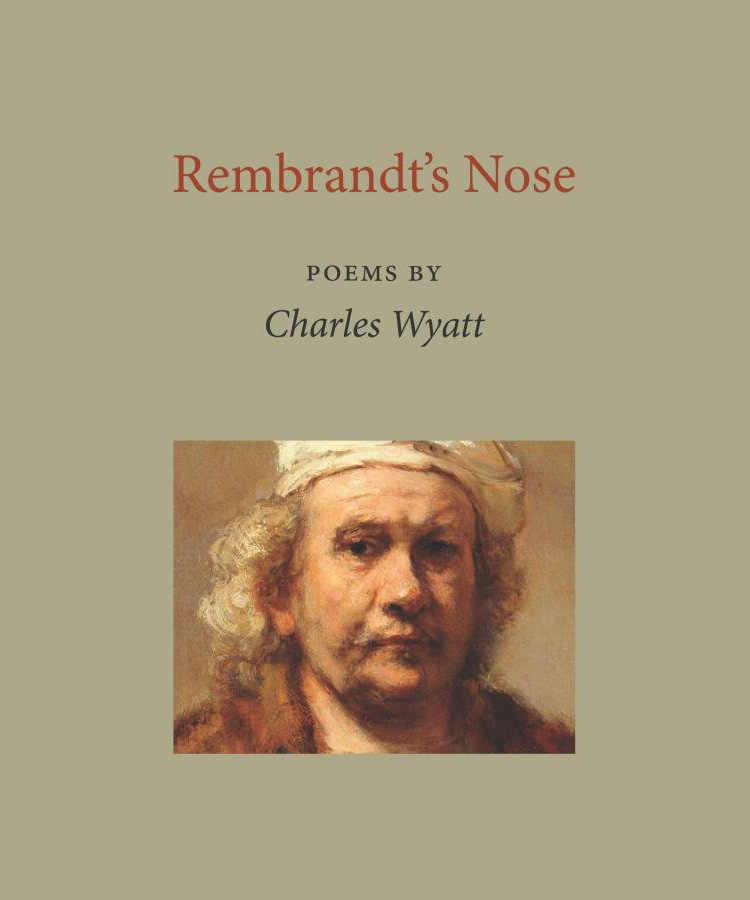
Rembrandt's Nose
Charles Wyatt
The poems in Charles Wyatt’s 2017 Poetry Prize winning collection conjure up Rembrandt and his world in clear, compelling poetry that paints a portrait of the great painter in words.
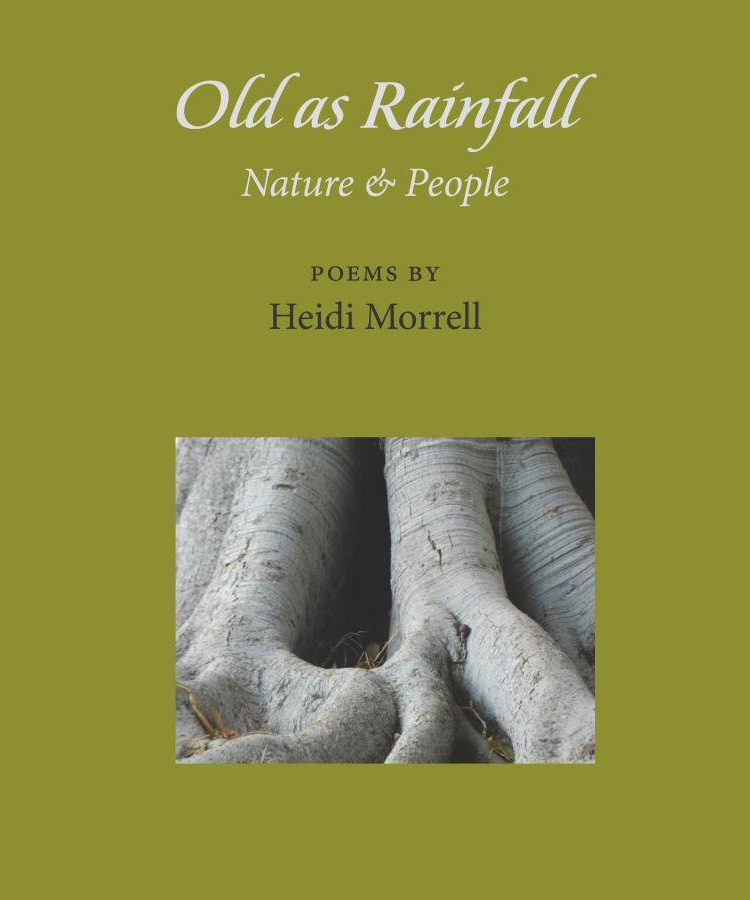
Old as Rainfall: Nature and People
Heidi Morrell
The 2016 winner of the Ex Ophidia Press Poetry Prize by Heidi Morrell focuses on nature and people ranging from locales as disparate as Hawaii and Paris. The balance and intersections of the people and place are masterful.

